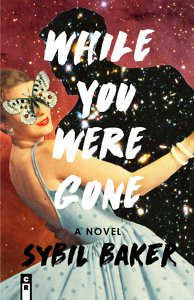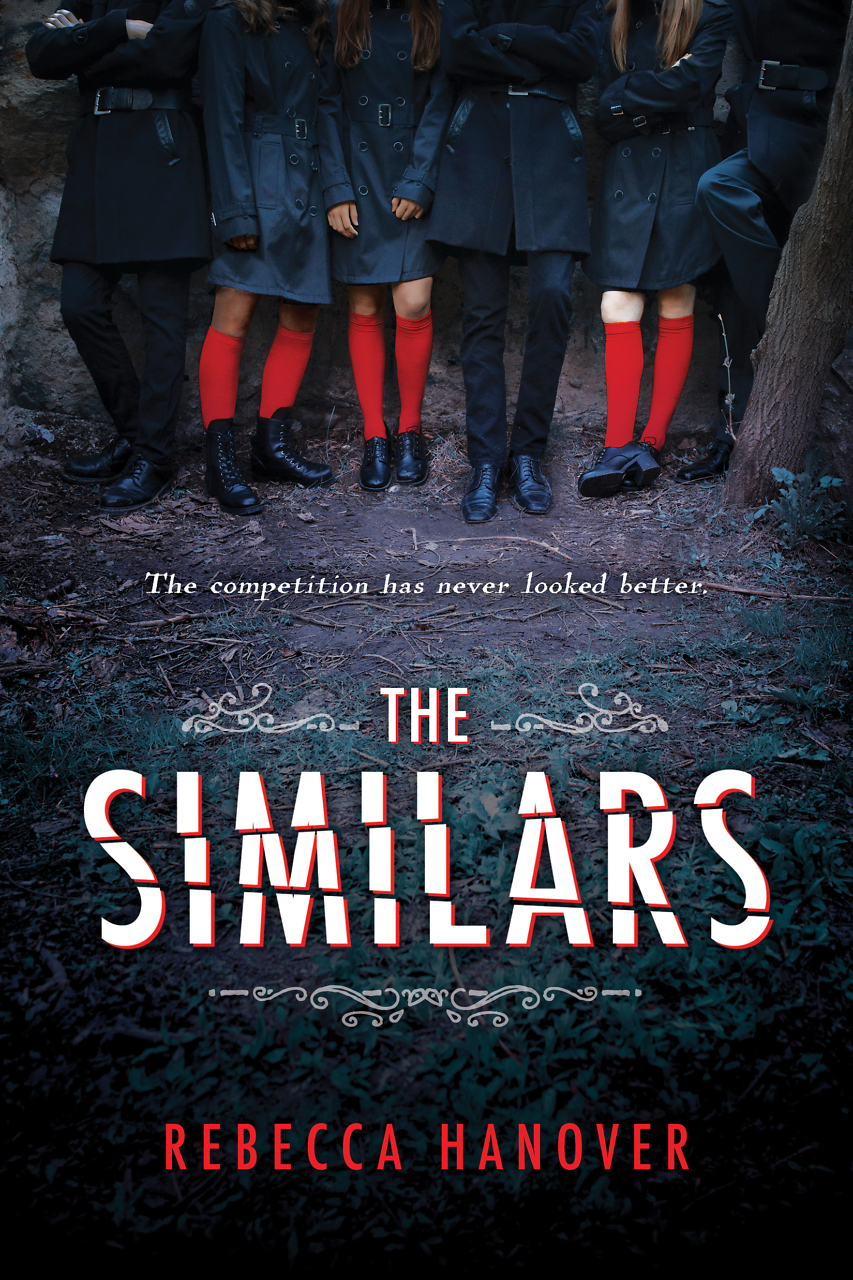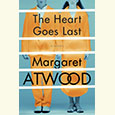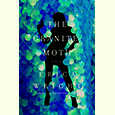From Heights Looking Down
Sybil Baker’s While You Were Gone renders Chattanooga in cinematic detail
During my teenaged years my favorite band was The Clash. After summer evenings out with friends, I’d drive home the long way, down Chattanooga’s Missionary Ridge, around South Crest Road’s narrow bends and hairpin turns. I’d pop my cassette into the dashboard player, window rolled down to a humid, honeysuckled breeze. Darling, you got to let me know / Should I stay or should I go?
 Should I stay or should I go? From Eudora Welty and Tennessee Williams to the African Americans of the Great Migration fleeing violence and dispossession, Southerners have inevitably confronted this question, often in private moments: the drawn-out death of a parent, the thrill of an illicit affair, the pursuit of an artistic career.
Should I stay or should I go? From Eudora Welty and Tennessee Williams to the African Americans of the Great Migration fleeing violence and dispossession, Southerners have inevitably confronted this question, often in private moments: the drawn-out death of a parent, the thrill of an illicit affair, the pursuit of an artistic career.
In While You Were Gone, Sybil Baker, a professor of creative writing at the University of Tennessee at Chattanooga, explores the waning days of a cancer-ridden patriarch in his sprawling house on Missionary Ridge and the legacy he leaves to his three adult daughters. With echoes of Shakespeare’s King Lear and Chekhov’s Three Sisters, Baker’s novel deftly mines the personal histories of Claire, the eldest, followed by Shannon and then Paige, as they grow from gangly adolescents in 1995 to morally conflicted women in 2011, spinning away from and back to the city that both buoys them and sucks them down into its vortex of social and racial tensions.
Claire is a well-bred Southern lady, a caretaker for her widower father, and a model wife and mother-until an African-American colleague at her tech company tempts her to stray: “When Claire first shook Joseph’s hand, dry and calloused, she thought: he is not black and I am not white. She had not thought about the color of her own skin before, but now she saw hers was not white but a light yellow, like a slice of cake from a mix. His was also yellow but darker, more of a warm copper.” She says to herself, “This man could understand me.”
 Shannon, the middle sister, mourns the loss of her college boyfriend, a Korean student who has returned to his native country, even as she plans a pregnancy with a wealthy gay couple. Paige, the rebel, forms a band with her girlfriend and others. They immerse themselves in the Seattle music scene until her bandmates kick Paige out, forcing her home to tend to her father in his final illness.
Shannon, the middle sister, mourns the loss of her college boyfriend, a Korean student who has returned to his native country, even as she plans a pregnancy with a wealthy gay couple. Paige, the rebel, forms a band with her girlfriend and others. They immerse themselves in the Seattle music scene until her bandmates kick Paige out, forcing her home to tend to her father in his final illness.
Baker renders Chattanooga in cinematic detail, highlighting the city’s landmarks—the Walnut Street Bridge, the meandering Tennessee River, the affluent neighborhoods on heights overlooking a revitalized downtown—while probing the social hierarchy that governs it, sharp lines that divide country-club elites from lower-income whites and blacks. (Jamie Quatro has also plumbed this exact milieu, with mentions of the same private schools, although she slants her fiction toward the schism between spiritual and physical selves.) As the South goes, so does Chattanooga, until the skin of propriety peels away.
A pair of handcuffs frees Claire from her cage. Shannon circles back to her half-forgotten romance. Paige is drawn to an aging country-music genius whom she discovers at the Mountain Opry, kindling a passion for music she’d long snubbed: “When they arrived they sat in the back of the auditorium,” Baker writes. “There were women with bouffant hair so white it shone blue, men in worn flannel shirts buttoned over bulging bellies or so thin and creaking she thought they might blow away.” Even the house band hasn’t changed, “an earnest if uneven group in overalls and faded jeans, singing many of the crowd favorites like ‘Fox on the Run’ and ‘Rocky Top.'”
Baker is a crisp, efficient stylist with an intuitive feel for setting and the buried anguish of her characters. She paces her story gracefully, although perhaps with more telling than showing. And she pulls off a Grand Guignol climax as a storm ravages Chattanooga, exposing the unnerving secrets that Claire, Shannon, and Paige have kept from each other, a crescendo of tragedy and fresh hope as the sisters grapple with an existential problem: should they remain together as a family or embark on new lives? The Clash couldn’t have posed that question more starkly, or with such resonance.
 Hamilton Cain is the author of This Boy’s Faith: Notes from a Southern Baptist Upbringing and a finalist for a 2006 National Magazine Award. A native of Chattanooga, he lives with his family in Brooklyn, New York.
Hamilton Cain is the author of This Boy’s Faith: Notes from a Southern Baptist Upbringing and a finalist for a 2006 National Magazine Award. A native of Chattanooga, he lives with his family in Brooklyn, New York.


